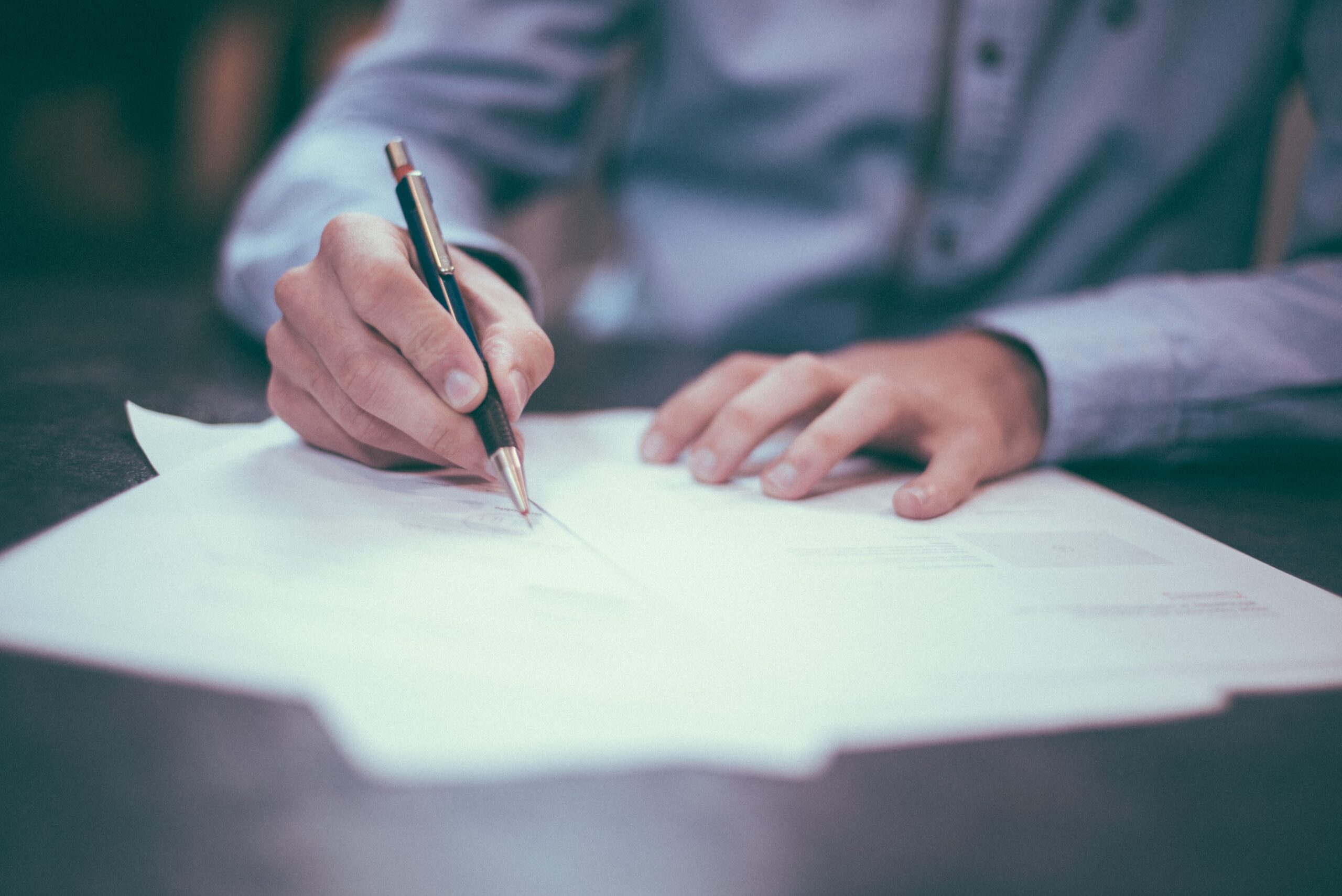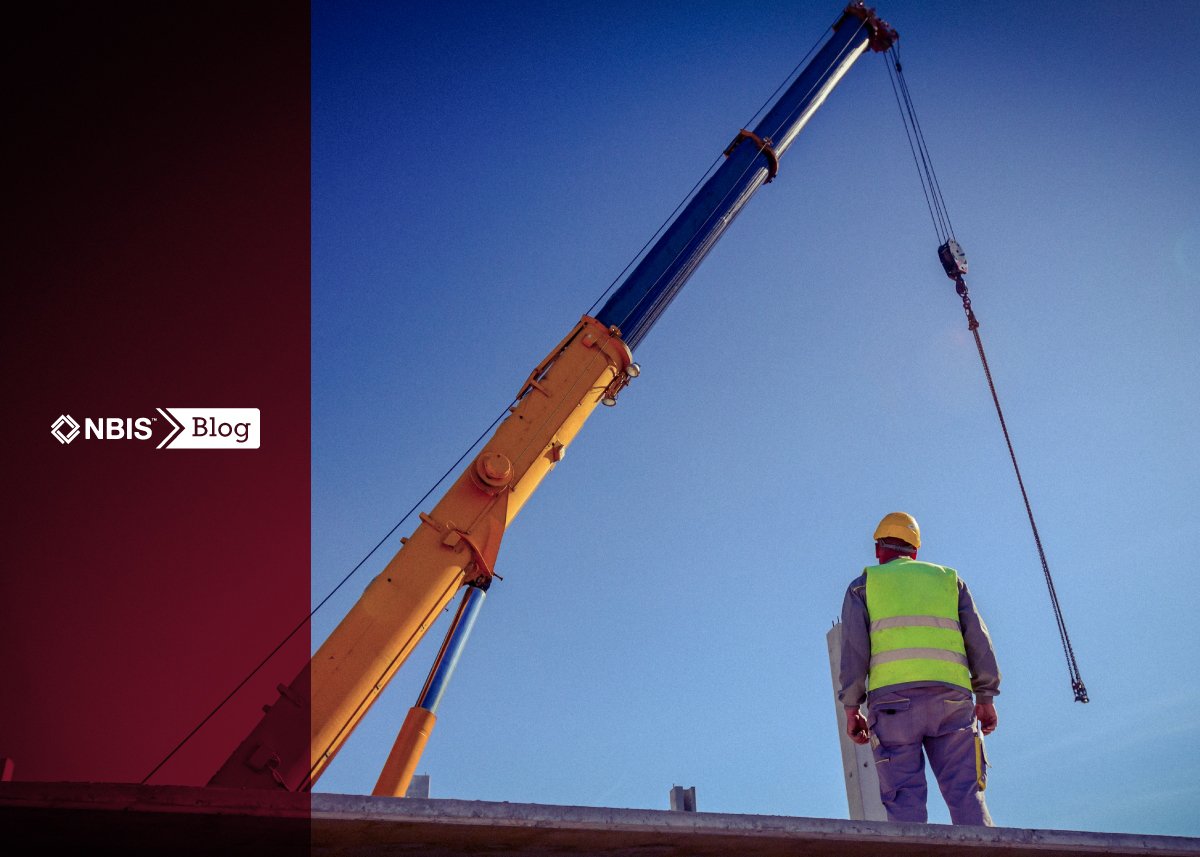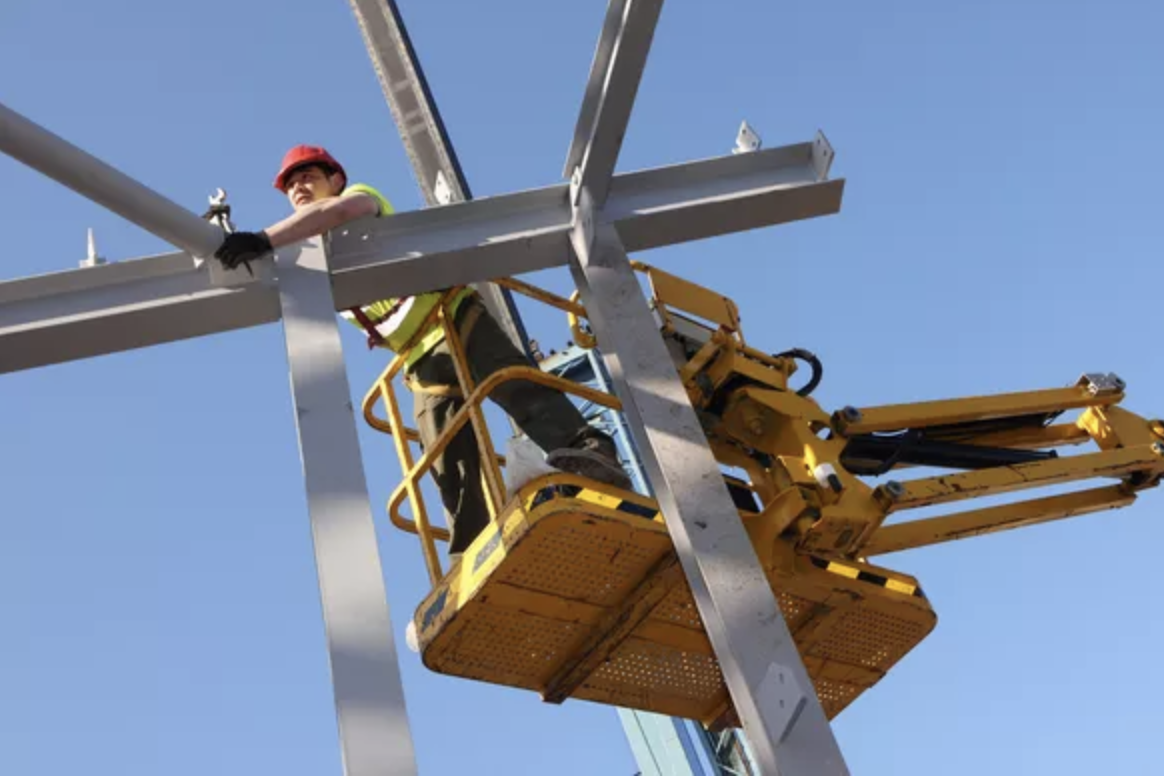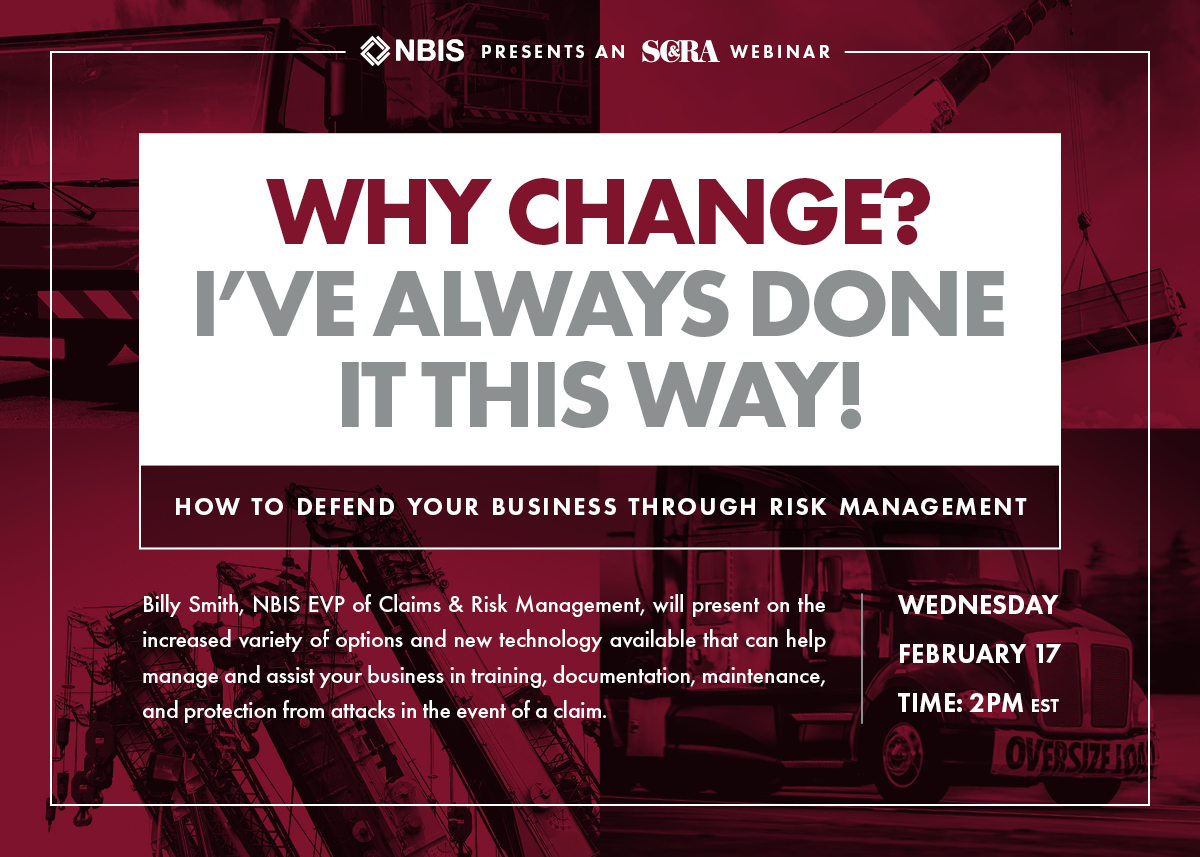Here’s what you can do to make sure you aren’t the target.
Not long ago, on one of the many jobsites across the country, a crane operator for Crane Company A sat idle in his cabin between picks while waiting for his next signal. As he waited, a man who worked for Company B was walking across the roof of another building on the site. Tragically, the man fell through a skylight and died.
It might not surprise you to learn that the decedent’s estate’s attorney sued everyone on the jobsite, including Crane Company A.
In the end, Crane Company A’s insurer paid their million-dollar policy limit.
Are you starting to see the problem?
The crane company’s insurance company paid a million dollars for an incident they had absolutely nothing to do with.
Unfortunately, this sort of thing happens all the time, and it happens primarily for two reasons.
- Some insurance providers don’t understand how crane operations work.
- Murky contract language means risk and liability often fall onto innocent parties.
The first point is one you can easily remedy—simply choose to work with an insurance provider (like NBIS) who knows how crane and rigging operations work.
The second point is one you can also remedy, but the solution is a little more complex—and until now, you may not have spent much time thinking about your contract language.
We need to fix that. Flawed or incomplete contract language, as the example above illustrates, can leave a company liable and writing checks when it hasn’t done anything wrong.
Why is this happening?
I see the same problems time and again when it comes to contract language.
In contract-heavy industries like construction, documentation is just part of the deal. At many companies, the same forms and documents have been used for years.
You get so used to seeing them, getting them signed, and moving on that you probably don’t even give them a second thought.
Language and wording that often serves as the deciding factor in which way litigation judgment is rendered is overlooked, forgotten, or ignored.
I’ll give it to you straight: the best way to avoid claimed liabilities (and even see potential reimbursement for expenses) in the event of an accident is with properly written contracts.
Having the right language in your rental agreement, for example, can literally mean the difference between paying an outrageous amount of money in a lawsuit and completely transferring your risk to the liable party.
That means terms and conditions that are thorough and airtight. That means using proven risk transfer language. That means letting your contract language speak for itself—and helping you avoid paying for what simply isn’t your fault.
The long and short of it is clear. You need an insurance company that knows what they’re doing when it comes to contract language. It’s the difference between total risk transfer and policy limit losses. In a world where lawsuits are as common as losing lottery tickets, you need to be protected if—and when—the attorneys come knocking.







